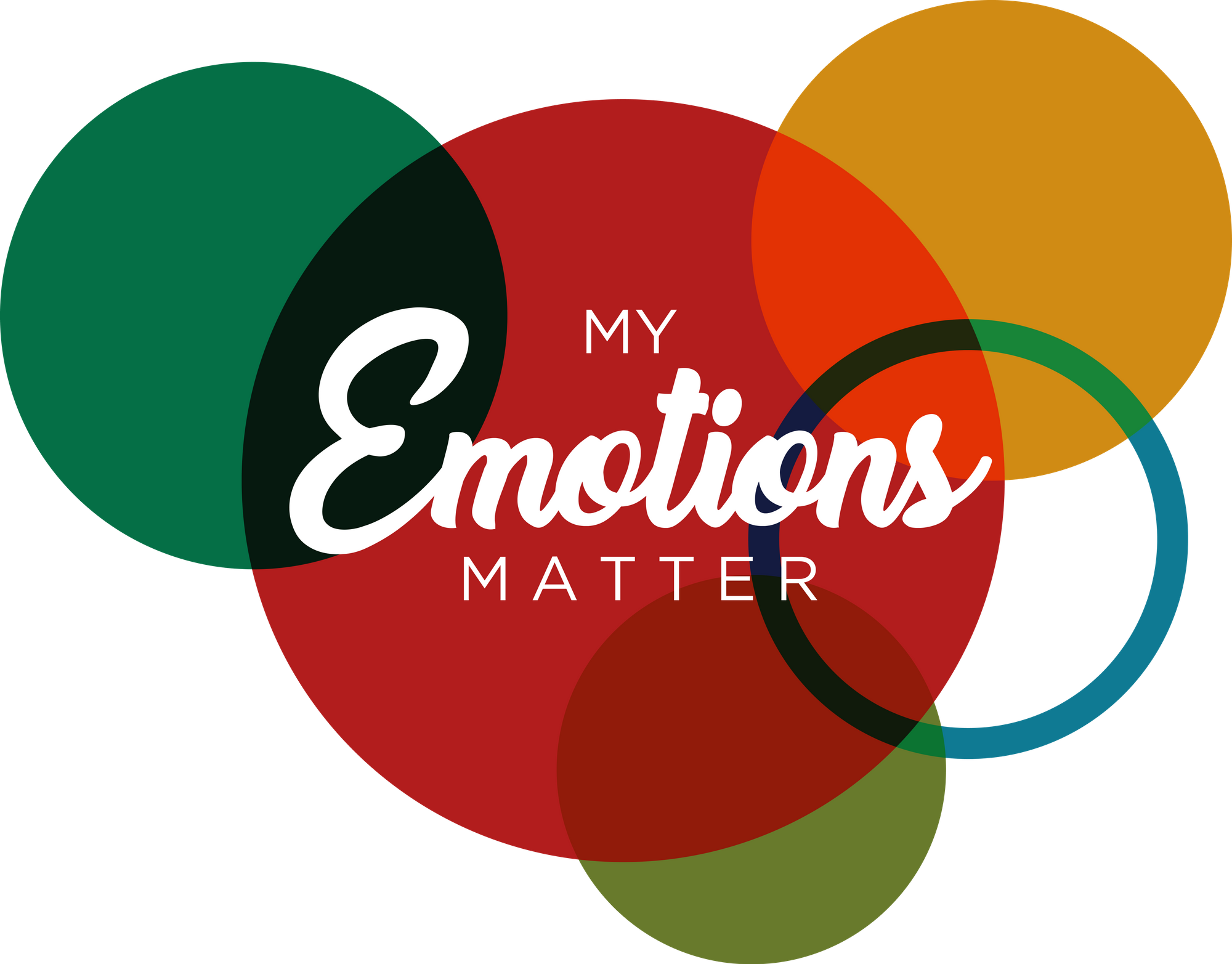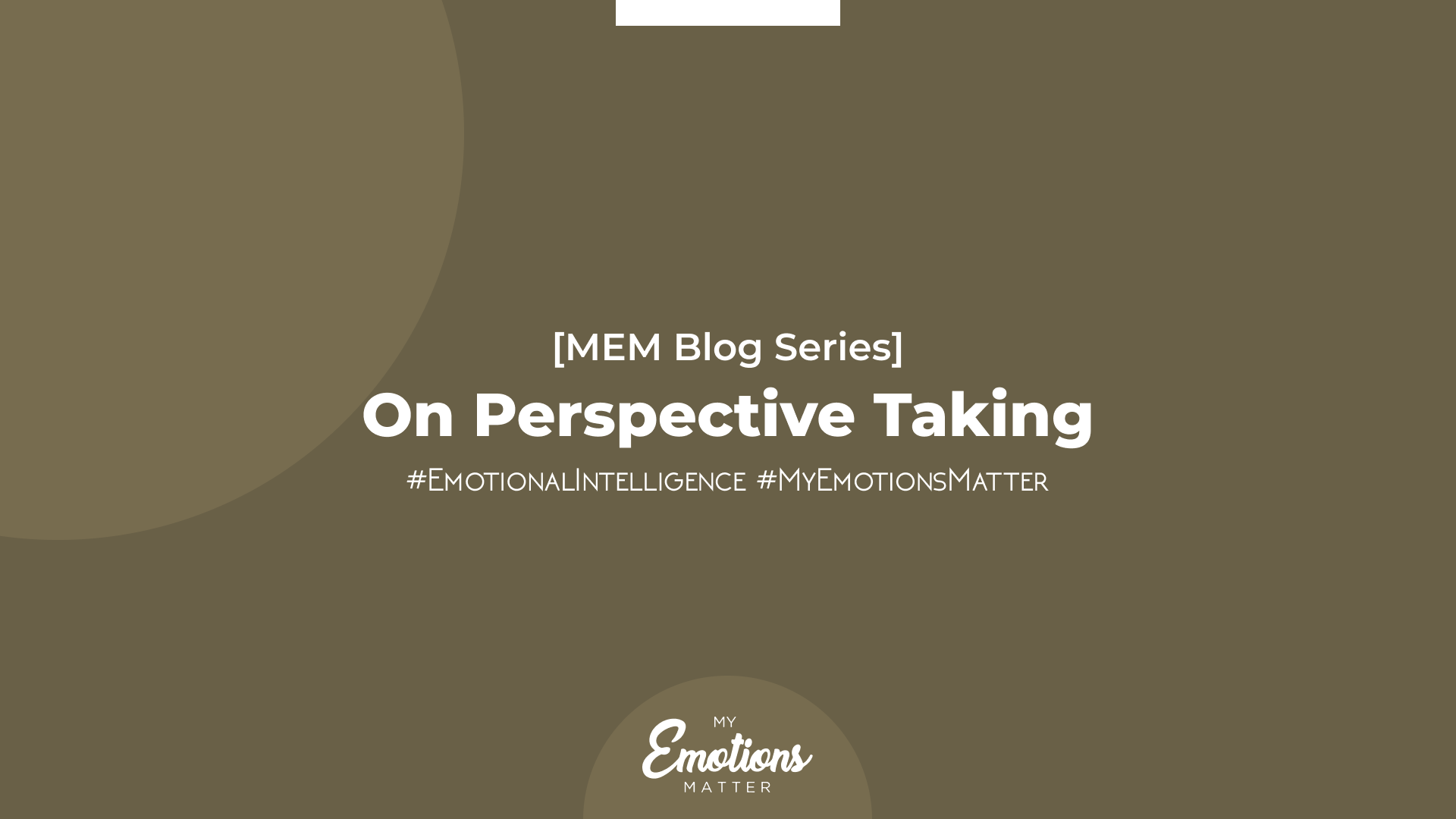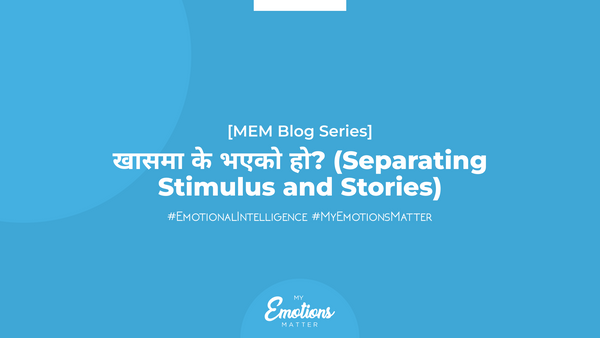On Perspective Taking
“If the doors of perception were cleansed, everything would appear to man as it is — infinite.”—William Blake.
I have always seen perspective-taking to be a rather powerful tool to connect with people without having to completely agree with what they think, feel, or do. Attempting to understand another person's thought process, feelings, and likely behaviors in different situations fascinates me. It helps me realize how we’re so similar but different from one another.
Let's say I got a scholarship to study in the States, and so did my friend. My friend might perceive the piece of news with much happiness, but I may not. For me, it can even be distressing when I think about the effort I have to put in to prepare for the journey. Neither my friend nor I are right or wrong. Our perspectives reflect the individuals we are and what we each feel and need in that situation.
When I talk about perspective taking, I don’t necessarily mean that we need to agree with the perspectives of others or make others agree with our worldviews. Instead, it’s a process of acknowledging our co-existence with others despite our subtle or huge differences, which can open us up to possibilities that exist beyond what we see.
My younger brother, who is in high school, and I share a friendly bond. In our conversations, we try to learn from each other. I remember, a few years ago, I attempted to drive him toward reading books. I found him to be perceptive even before he was a teenager, so I thought if he read books, it would help him broaden his perspectives more. Although he did foray into reading for some time, he eventually realized he didn't like it. He found more perceptual stimulation in learning from videos and, in fact, from memes. I’ve seen people look at memes just for fun, but for him, they're also sources of learning. I never forced him to read after that. Instead, I would ask him about the new memes he came across and how he perceived them. He would also ask me to share interesting bits from the books or write-ups I read.
To be able to learn from the perspectives of others, we need to start by having an open mind. If we are to negate all that doesn’t align with our values or needs, we won’t be able to unlearn old habits, beliefs, and systems to make room for new ones.
An emotional intelligence competency that can help us take perspectives better is—empathy. When we place ourselves in someone else’s position and try to understand what they think, how they feel, and what drives them to make some choices—we can put things into perspective in a more connected and coherent way.
Exercising a beginner’s mind can also help us set aside our old beliefs and learn from the perspectives of others. A beginner’s mind can help us become more open to our experiences. It can help us become curious about ourselves and the people around us. With a beginner’s mind, we learn how to put aside our biases and opinions to stimulate ourselves intellectually, emotionally, and physiologically in new or improved ways.
Different strategies can enable us to become better at perspective-taking. One is to kindle our curiosity by asking open-ended and reflective questions. Reflecting on our crucial experiences and re-interpreting past events can help us see things differently. Conversing with an intent to listen, reading, exercising art, sports, listening to music and podcasts, writing, and even humor are helpful strategies that can help us gain perspectives. At the same time, understanding that our belief systems are flawed, just as much as any other belief system in the world, can also be a great ground to gain different perspectives. Self-righteousness and perspective-taking cannot go hand-in-hand.
Just like the mechanisms of exercising perspective-taking, the concept of perspective-taking is limitless too. The better we understand this idea, the more we can open ourselves up to different possibilities, changes, and ways to find meaning in life. As Michael Proust says, “The real voyage of discovery consists not in seeking new lands but in seeing with new eyes.”




